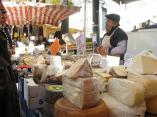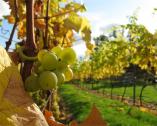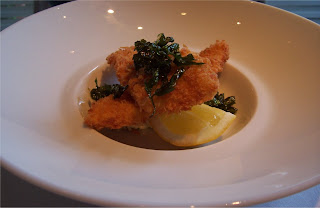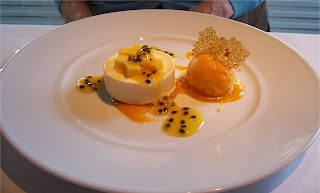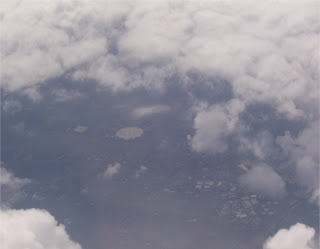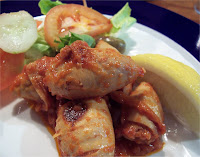I just stopped myself from cheering when I read a newspaper report about global food and farming in an English paper on the plane ride home. The very next day A Friend (thank you, friend) sent me a link to The Guardian‘s coverage of the piece. Since the report’s release on April 15, it’s also been in the New York Times, Le Monde, der Spiegel and many others. But as of Thursday, there does not appear to be any coverage at all of this story in the Canadian press, other than a brief preview on the CBC news site. Perhaps it will break soon.
The report is a 2500 page plan for a global agriculture capable of seeing the world through the next 50 years. The study was the result of five years’ work by the International Assessment of Agricultural Science and Technology for Development (IAASTD for merciful short) with input from some 400 experts; the organisation is funded by participating countries and by a serious group of international agencies (FAO, GEF, UNDP, UNEP, UNESCO, the World Bank and WHO).
The report concluded that neither genetically-modified crops nor industrial food production are workable ways to feed the world; that the only way forward is to employ methods such as organic and small-scale agriculture. It must surely by now seem obvious to most of us, and is thankfully proposed in this report, that to survive in the world as it now is, we must grow our food sustainably: in ways that are less dependent on fossil fuels; make use of locally available resources, natural fertilizers and traditional seeds; and aim to preserve the soil and water supply. The report is critical of the whole biofuel madness: as we are already seeing, using food crops for biofuels is only going to worsen food shortages and price rises.
It should surprise no one that in light of these findings, Australia, the United States and Canada are the countries questioning some of the language in the report’s concerns about biotechnology, especially genetically modified foods. But these are the very countries which must make immediate changes if the world is to feed itself. So…. what happens next?
Summaries of the report are here, on the IAASTD’s website , and there is “a faithful summary of the leading scientific report” on GreenFacts. Unesco has some information and there are presentations and documents of all shapes and sizes about the report on the IAASTD’s Press Materials page.
Meanwhile, an interesting study of wine-drinking concludes that expensive wines do not bring more pleasure to drinkers unless they know what the price tag says. Although it concedes that educated palates do not find a negative correlation between wine and costliness, this overall trend – that expensive wine is actually less enjoyable if you don’t know what it costs – was revealed after more than 6,000 blind tastings were analysed by the American Association of Wine Economists.




